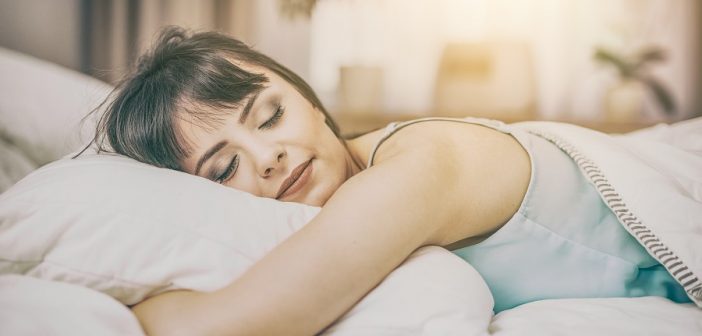The state of California is taking teenage development seriously, adding more time before public schools start. California high schools can only ring their morning bell to start class after 8:30 am. Paulette Chaffee, educator and children’s advocate, says sleep is critical for healthy mental and physical development during teenage years. She dives deeper into the topic below:
How important is sleep for teens?
The American Academy of Sleep Medicine and the National Sleep Foundation both state that teens need an average of eight to ten hours of sleep every night or per twenty-four hours. Though this amount of sleep time seems like a common standard, even for adults, it is critical for teens to shut down late-night screen time and opt for a full night’s rest for healthy developmental purposes.
The teenage years are a formative period of life. During this growth stage, notable development occurs in both the brain and the body. Sleep dramatically contributes to this process and helps teens maintain healthy physical and emotional well-being and academic achievement. Unfortunately, according to the Centers for Disease Control and Prevention (CDC), seven out of ten high school students, or 72.7%, do not get the proper amount of sleep on school nights.
How can sleep affect a teen’s mental health?
The right amount of quality sleep profoundly affects a teen’s mental, social, and emotional health, ultimately boosting academic performance. Conversely, ongoing sleep deprivation can cause a teen to have difficulty concentrating in school or on homework, shorten attention span, cause memory loss, fuel depression, spark risk-taking, and influence poor decision-making.
How can parents support good sleep habits for their teenagers?
As technology has become integrated into many facets of daily life, the effects of blue light have become an increasing concern, especially surrounding its influence on sleep. Harvard Medical School released an article stating that the blue wavelengths, or blue light, that human eyes are exposed to when looking at a device with a screen can be most disruptive during night hours. Why? Blue light can severely suppress the secretion of melatonin and throw a person’s circadian rhythm off course.
Harvard experts suggest that people should avoid looking at bright screens two to three hours before bed. Though teens might be reluctant at first, parents can agree to set phones aside in the evening for a couple of hours before bed and participate in other activities such as drawing, reading a book, or playing a board game. Setting a bedtime where all family members go to sleep and wake up simultaneously can also help establish a routine sleep schedule and keep sleep patterns regular.
Parents can also help teens get the sleep they need by allowing their teenager to sleep in during weekends, encouraging afternoon naps, scheduling afternoon appointments, and limiting their teen’s exposure to caffeine.
About Paulette Chaffee
Paulette Chaffee is a teacher, speech therapist, and attorney deeply involved in the Fullerton community. As an educator and member of various non-profit boards, her focus has always been on providing children with the highest quality education. Ms. Chaffee holds bachelor’s and master’s degrees from the University of Redlands, a California Lifetime Teaching Credential, and is admitted to the California Bar.




